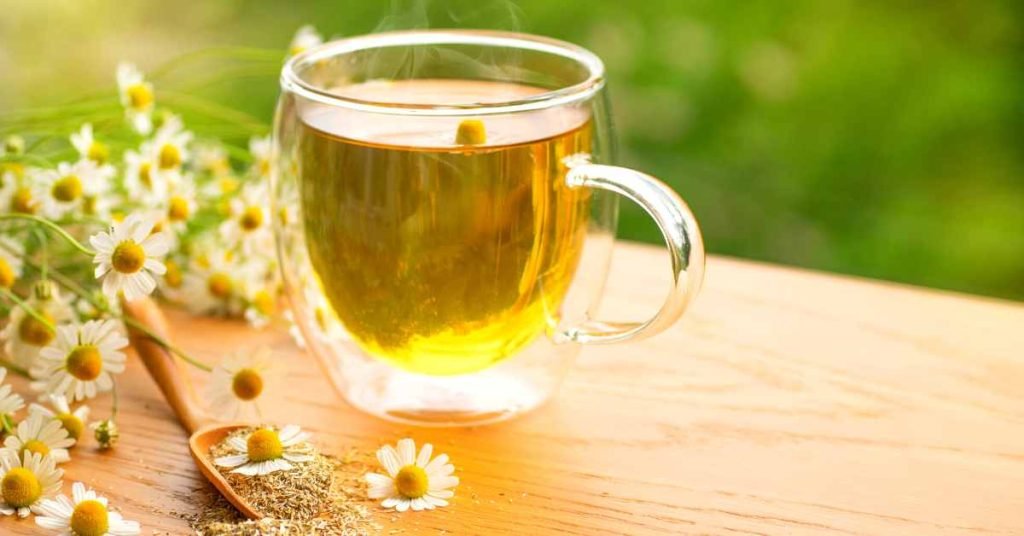Chest pain can be a troubling symptom that sends many people rushing to seek medical attention. While it’s crucial to consult a healthcare professional to rule out serious heart conditions, there are several natural remedies that may offer relief from mild chest discomfort.
One such remedy is tea. In this article, we will delve into the world of tea for chest pain, exploring various types of teas that may help, the underlying conditions that cause chest pain, and how tea can provide relief and promote overall heart health.
Understanding Chest Pain

Chest pain is a common symptom that can be caused by various factors, including cardiac, pulmonary, gastrointestinal, musculoskeletal, or psychological issues.
While severe chest pain should always be evaluated by a healthcare provider, mild to moderate chest discomfort can sometimes be attributed to non-cardiac factors, such as indigestion, muscle strain, or stress. In these cases, tea can be a soothing and therapeutic beverage that provides relief.
Types of Teas for Chest Pain Relief
Ginger Tea:
- Ginger has anti-inflammatory properties and may help alleviate chest pain caused by indigestion or acid reflux.
- It can relax the muscles of the esophagus, reducing the burning sensation often associated with heartburn.
Peppermint Tea:
- Peppermint tea is known for its ability to relieve indigestion and ease muscle spasms.
- It can help relax the lower esophageal sphincter, preventing stomach acid from flowing into the esophagus.
Chamomile Tea:
- Chamomile has anti-inflammatory and soothing properties.
- It can calm the digestive system and reduce discomfort caused by gastrointestinal issues.

Hawthorn Tea:
- Hawthorn is traditionally used to support heart health.
- It may help improve blood circulation and reduce chest pain associated with angina or coronary artery disease.
Turmeric Tea:
- Turmeric contains curcumin, which has potent anti-inflammatory and antioxidant properties.
- It may reduce inflammation in the chest and help alleviate discomfort.
Hibiscus Tea:
- Hibiscus tea is rich in antioxidants that can support overall cardiovascular health.
- It may help regulate blood pressure, reducing chest pain related to hypertension.
Lemon Balm Tea:
- Lemon balm has a calming effect on the nervous system.
- It can help reduce stress and anxiety-related chest discomfort.
How Tea Can Help Alleviate Chest Pain?

Anti-Inflammatory Properties:
- Teas such as turmeric, ginger, and chamomile, offer anti-inflammatory properties, reducing inflammation in the chest and alleviating discomfort.
Muscle Relaxation:
- Teas like ginger and peppermint can relax the muscles of the digestive tract and esophagus, reducing spasms and easing chest pain associated with indigestion or acid reflux.
Stress Reduction:
- Psychological factors like stress and anxiety can contribute to chest pain. Teas like lemon balm and chamomile have calming effects that can help reduce stress and alleviate associated chest discomfort.
Improved Blood Circulation:
- Teas like hawthorn and hibiscus may support better blood circulation, which can be beneficial for individuals with chest pain caused by heart-related issues.
Digestive Aid:
- Some chest pain arises from gastrointestinal issues. Teas like chamomile and peppermint can aid digestion and ease discomfort.
Hydration:

- Staying adequately hydrated is crucial for overall health, including heart health. Drinking tea helps maintain proper hydration levels, which can be especially important during recovery from chest discomfort.
Final Word
Tea, with its myriad of varieties and healing properties, can be a valuable ally in providing relief from chest pain.
While it cannot replace medical evaluation and treatment for serious cardiac conditions, tea can offer soothing relief for mild chest discomfort caused by non-cardiac factors such as indigestion, muscle tension, or stress.
Remember that individual responses to tea can vary, and it’s essential to consult with a healthcare professional if you experience persistent or severe chest pain.
Incorporating tea into a heart-healthy lifestyle, along with a balanced diet, regular exercise, and stress management, can contribute to overall well-being and support a healthy heart.
So, brew a cup of your favorite tea and savor both its comforting warmth and potential benefits for your chest pain relief.
MEDICAL DISCLAIMER
Itsnevernotteatime.com cannot and does not contain medical/health advice. The medical/health information is provided for general and educational purposes only and is not a substitute for professional advice.




